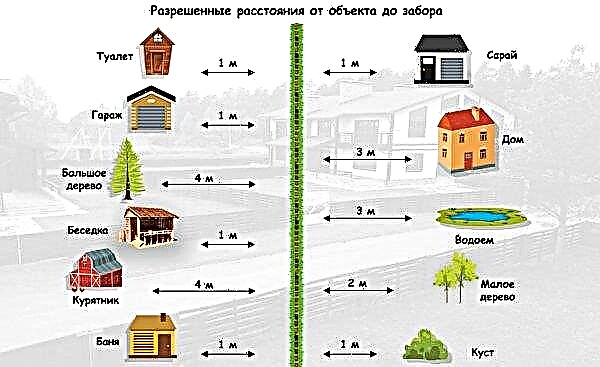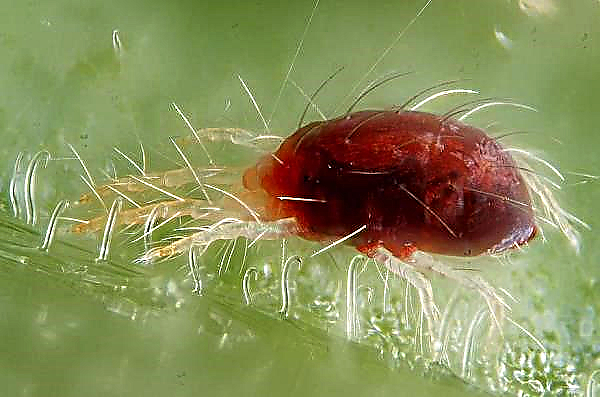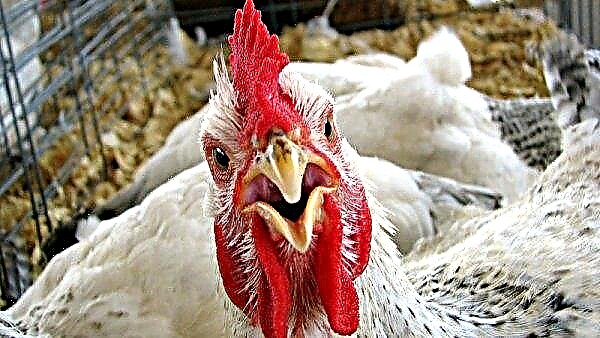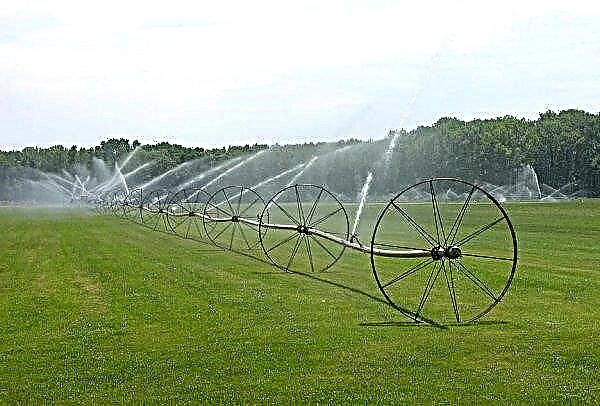In the South Korean province of Gyeonggi, some of whose settlements border North Korea, they are trying to prevent the possible penetration of African swine fever, an epidemic which has recently erupted in the north.
Pyongyang told the World Animal Health Organization last week about an outbreak of disease on a farm in northern Jagang province, on the border with China.
“We have stepped up monitoring of three border cities - Gimpo, Paju and Yonghon,” an official from Gyeonggi Province said on Monday, June 3.
A double row of barbed wire fences has been installed between the two Koreas, and yet infected carcasses from North Korea can drift to parts of the country through the Imjin and Khan rivers or the West Sea, the official said.
Currently, there are approximately 260,000 domestic pigs in South Korea - 36,000 in Gimpo, 96,000 in Paju and 136,000 in Yongcheon. ASF blood tests performed on 420 pigs from 62 border farms after an outbreak in August in China and Vietnam turned out to be negative.
Following an outbreak in North Korea, the country's ministry of agriculture also performed a blood test of approximately 2 million pigs at 1300 farms throughout the province, the results of which should be known around Tuesday, June 4.
Taking into account that about 960 foreigners work at pig farms, steps have also been taken to prevent the disease from entering the province through airports or ports.
Today, June 3, South Korean Prime Minister Lee Nakyon commissioned quarantine measures against the disease at the highest level a little earlier, saying that it is very likely that the infection is now spreading rapidly from north to south.












